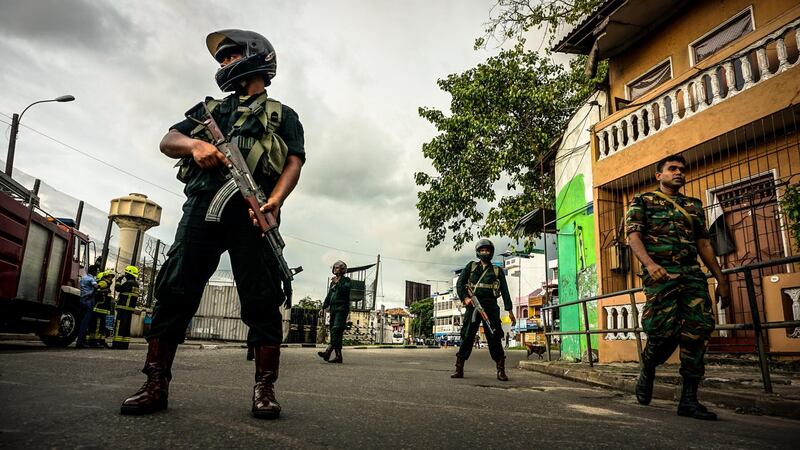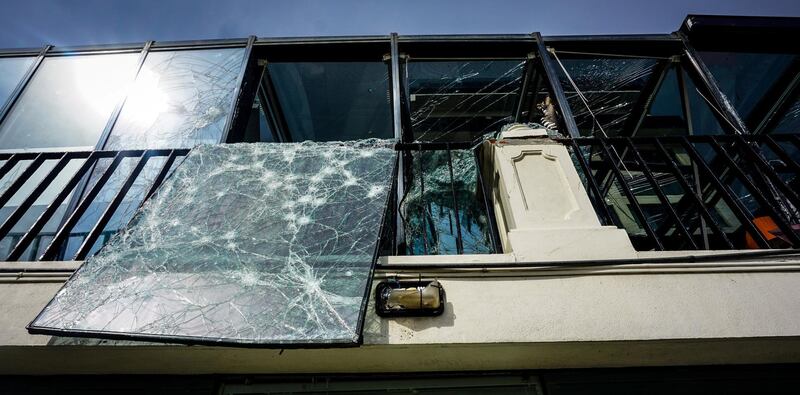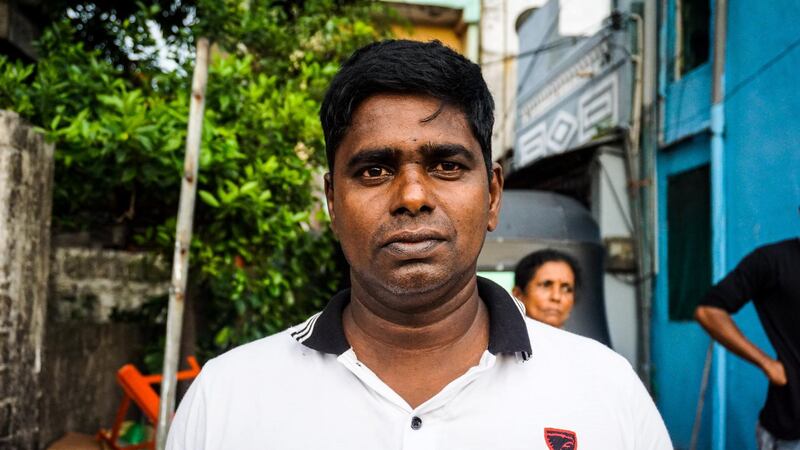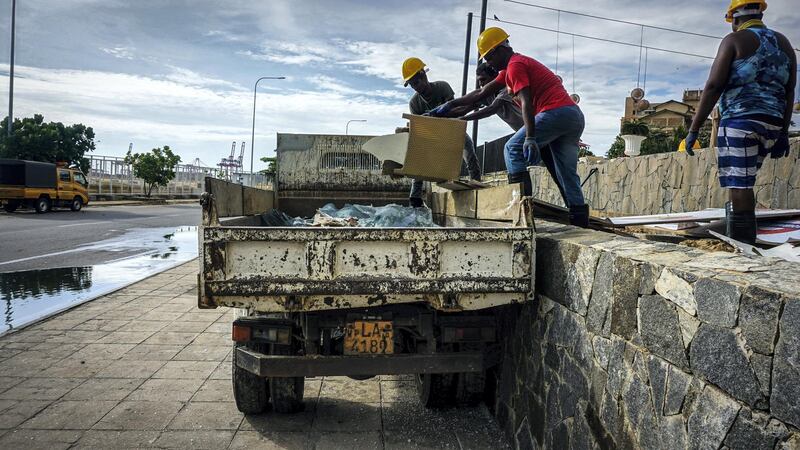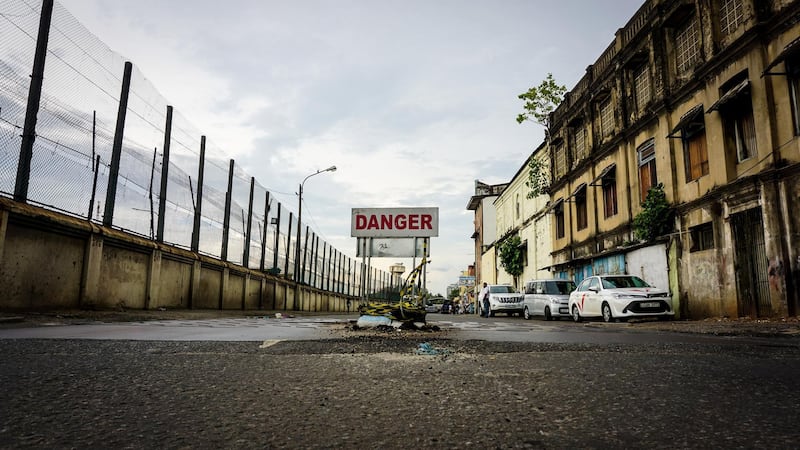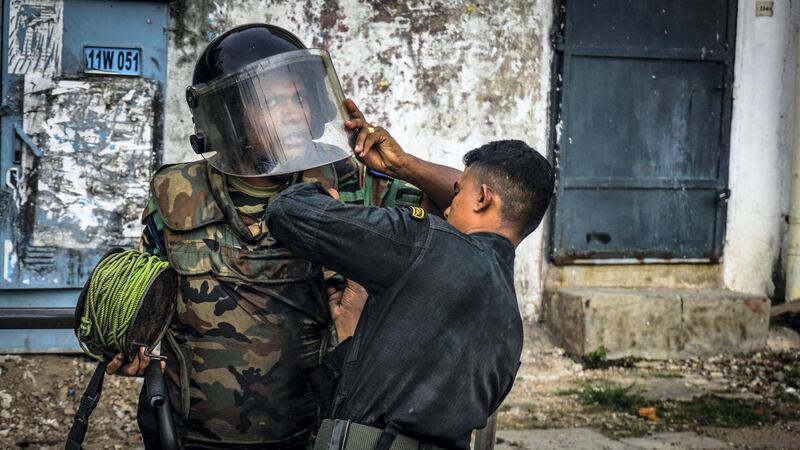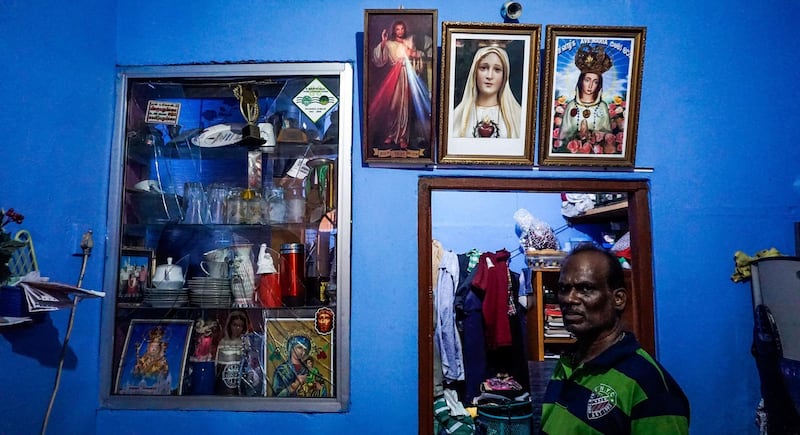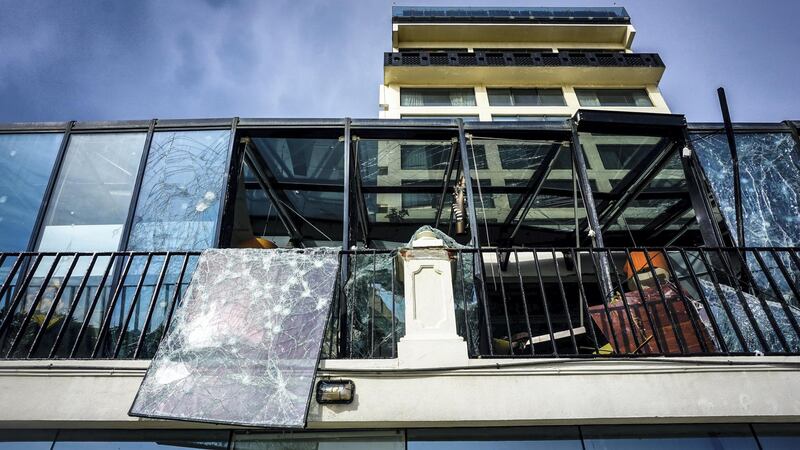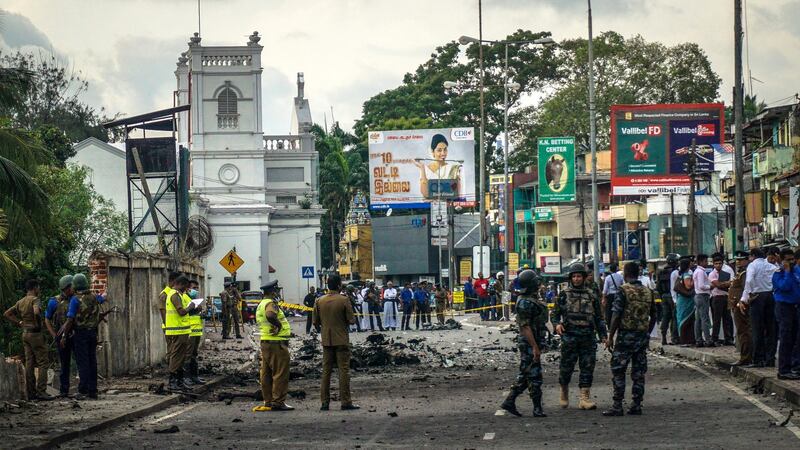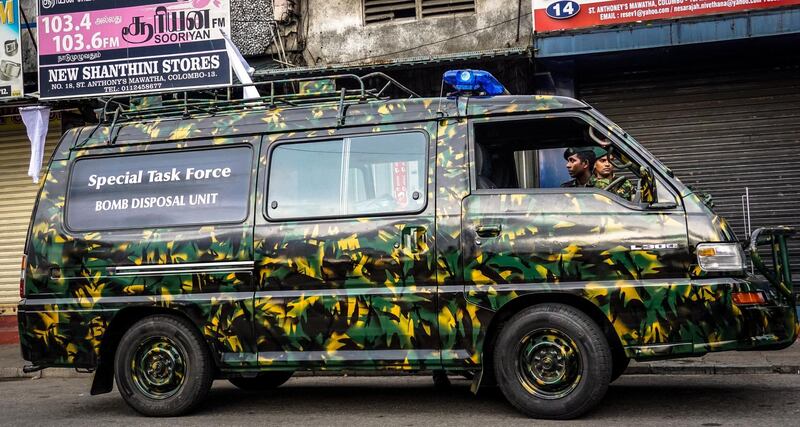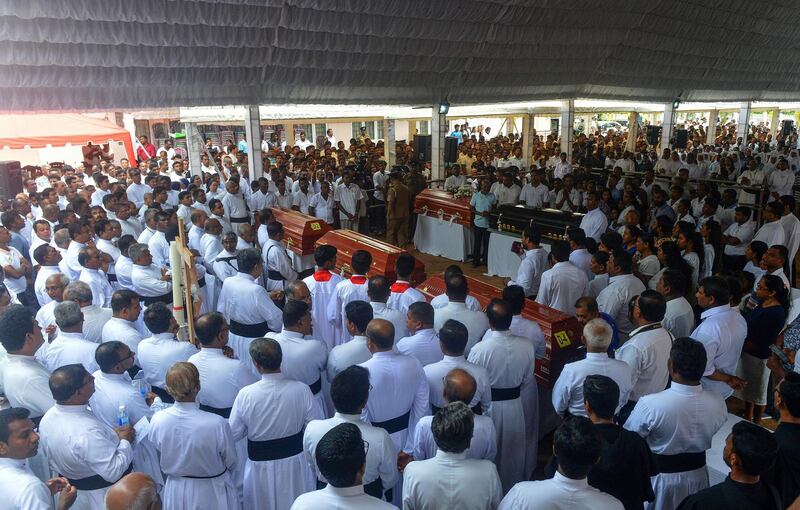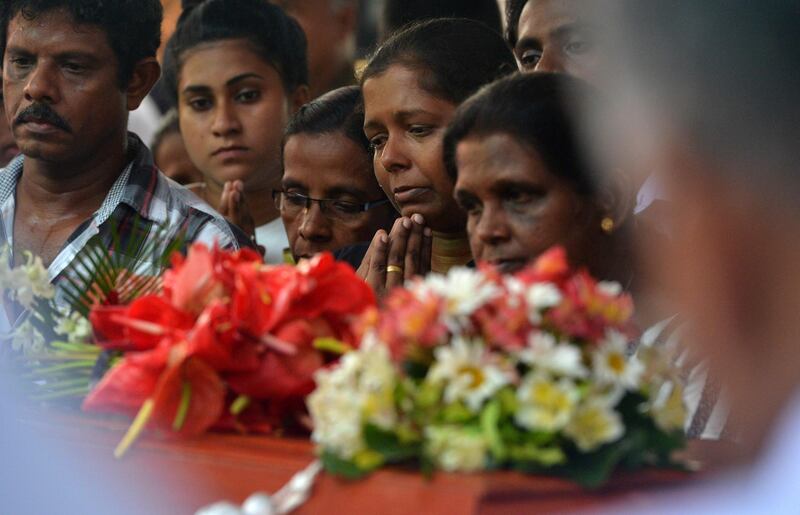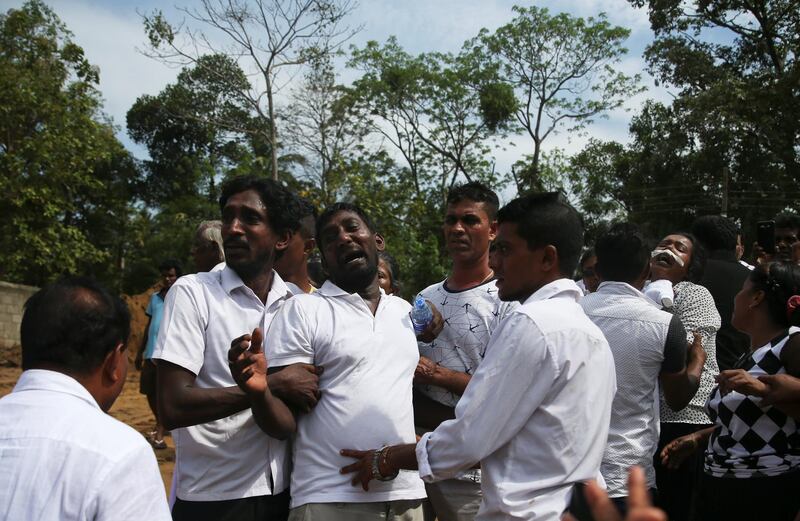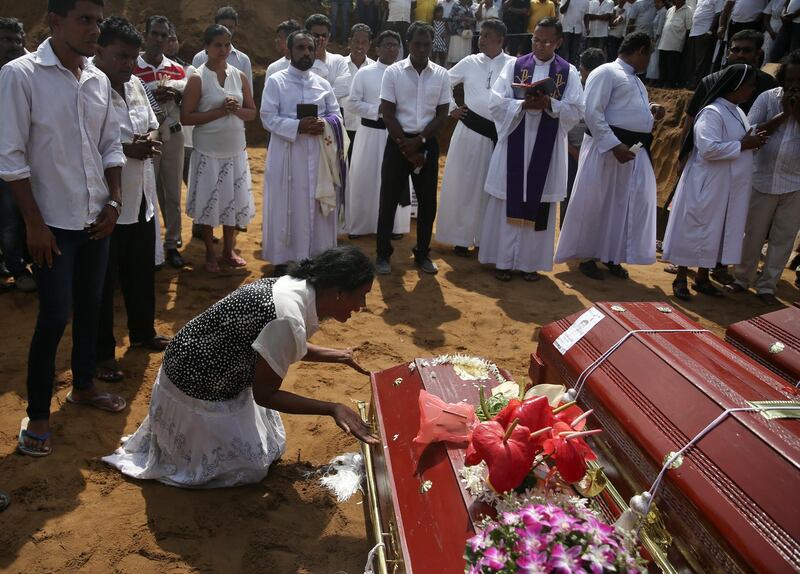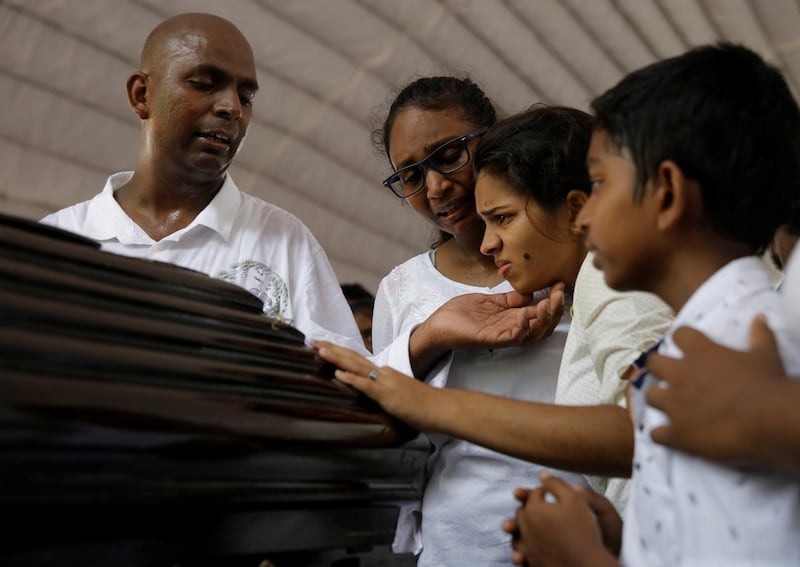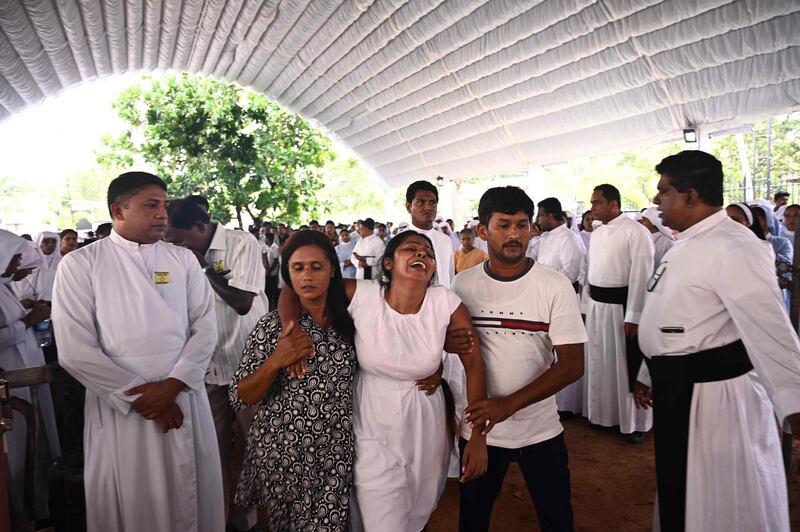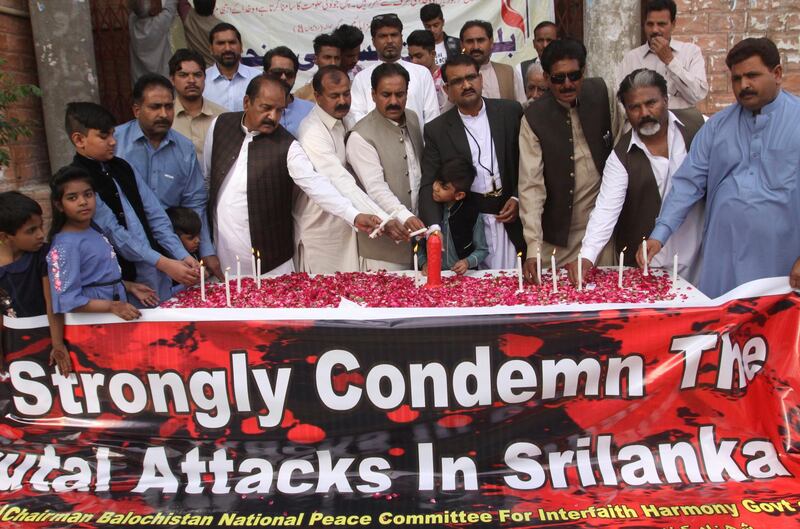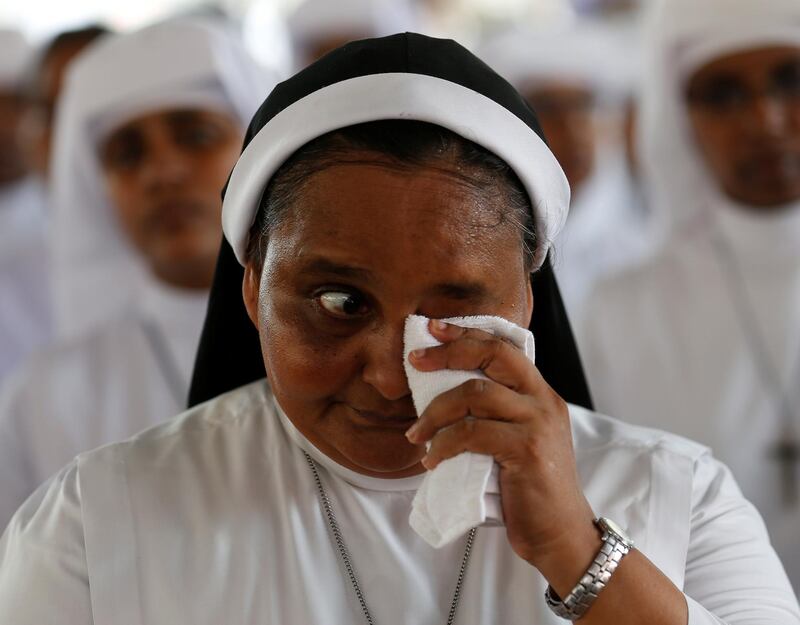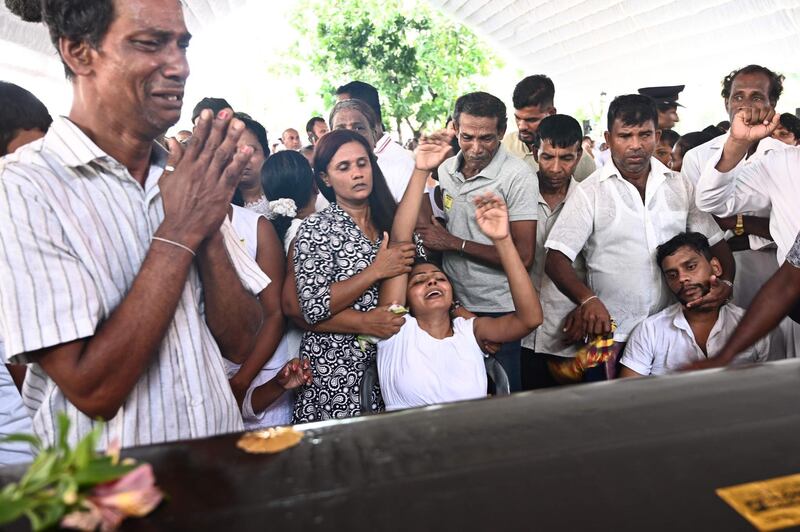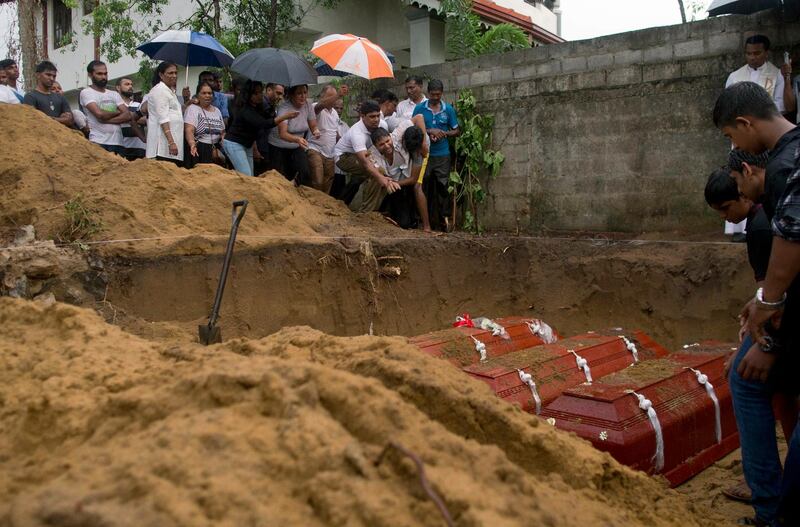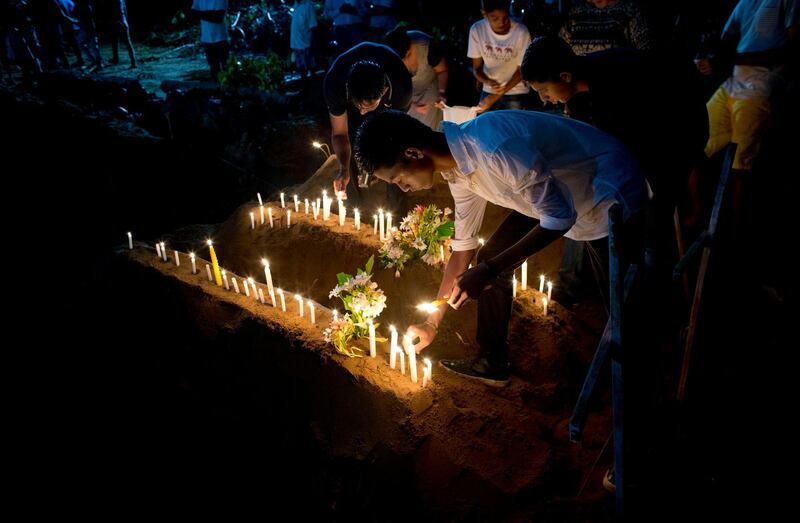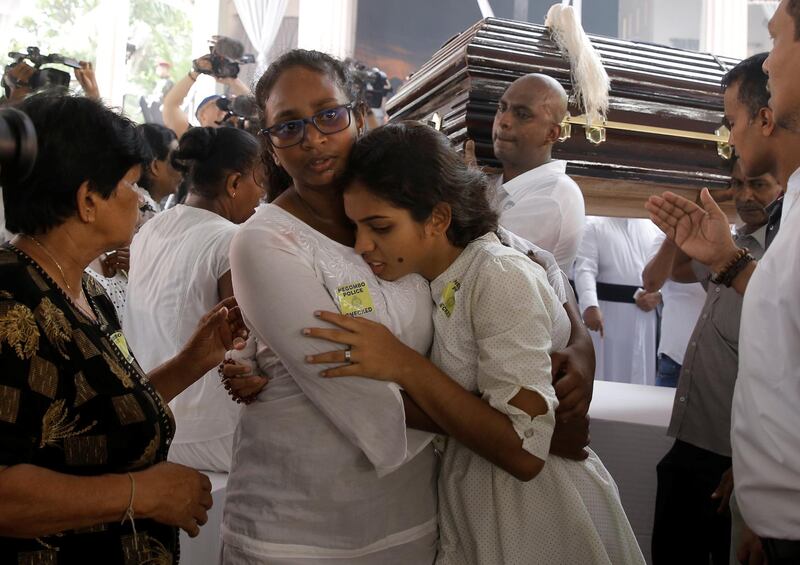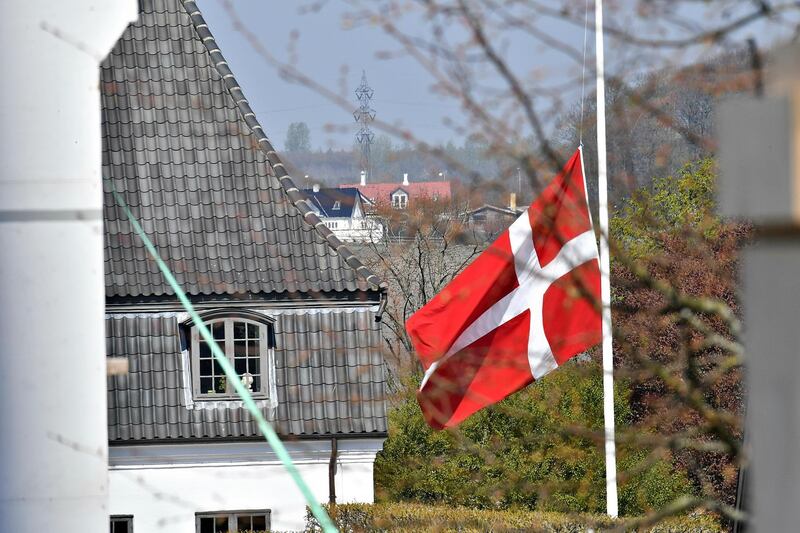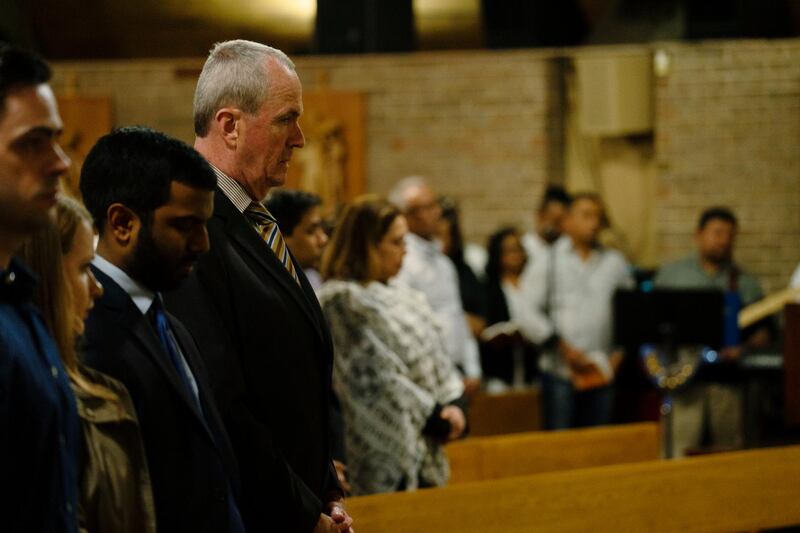ISIS has claimed the Easter Sunday attack in Sri Lanka, issuing a statement through their Amaq news agency. The terror group, however, gave no evidence to support their claims.
Sri Lanka began to bury the victims of the Easter Sunday bombings on Tuesday as questions lingered over a warning in a letter dated April 11 that said a local group was planning suicide terror attacks against churches in the country.
"The perpetrators of the attack that targeted nationals of coalition countries in Sri Lanka was carried out by ISIS fighters," the statement said. The international coalition against ISIS includes forces and support from more than 75 countries and organisations. Sri Lanka is not a member of the US-led campaign.
Priyalal Disanayaka, the deputy inspector general of police, signed the letter addressed to the directors of four Sri Lankan security agencies, identifying Mohammed Zaharan as the leader of National Tawheed Jamaat and state intelligence showed his group was planning attacks on "some important churches".
Sri Lankan Health Minister, Rajitha Senaratne, held up a copy of the intelligence report on Monday while describing its contents, spurring questions about whether the attacks have exposed the political turmoil still lingering in Sri Lanka's corridors of power.
Mr Disanayaka asked the four security directors to "pay extra attention" to the places and VIPs in their care. It is unclear what measures the security directors took and Sri Lankan police had done to protect the public.
The intelligence report attached to his letter, circulated widely on social media, was written in both Sinhalese and English. The report named six individuals likely to be involved in the plot.
The letter bears the seal of the ministerial security division.
Initially, there were questions over the authenticity of the report when it was first shared, but officials in the government appear to believe it is real. Mr Disanayaka did not answer calls or messages asking for a response on Tuesday.
Some intelligence officers were aware of this incidence. Therefore there was a delay in action. What my father heard was also from an intelligence officer. Serious action need to be taken as to why this warning was ignored. I was in Badulla last night pic.twitter.com/ssJyItJF1x
— Harin Fernando (@fernandoharin) April 21, 2019
Prime Minister Ranil Wickremesinghe said he feared the massacre could unleash instability and vowed to "vest all necessary powers with the defence forces" to act against those responsible.
Word from international intelligence agencies that National Tawheed Jamaat was planning attacks apparently did not reach Mr Wickremesinghe's office until after the massacre.
Mr Senaratne said the warnings started on April 4 when the defence ministry wrote to the police chief, and police contacted the heads of security of the judiciary and diplomatic security division on April 11.
President Maithripala Sirisena, who was out of the country when the attacks took place, had ousted Mr Wickremesinghe in October and dissolved the Cabinet. The Supreme Court reversed his actions, but the Prime Minister has not been allowed into meetings of the Security Council since October, leaving him and his government in the dark.
The presidential office said there was intelligence that "international terror groups" were behind the local perpetrators and that he would seek foreign help to investigate. On Tuesday, Interpol said it had joined the investigation.
All seven bombers were Sri Lankans, but authorities said they strongly suspected foreign links.
Sri Lankan Parliament meets on Tuesday.
But as political leaders wrangled with what appears to have been a massive intelligence failure that allowed Sri Lanka's deadliest attack since its civil war, the military took advantage of newly granted war-time powers to make arrests.
Among the 40 people detained on suspicion of links to the Easter bombings were the driver of a van allegedly used by the suicide bombers and the owner of a house where some of them lived, officials said on Tuesday.
The military's powers to detain and arrest suspects had not been invoked since Sri Lanka's bloody 26-year civil war ended in 2009.
The security was evident at Bandaranaike International Airport outside the capital where officers with sniffer dogs, checked car boots and questioned drivers on roads nearby.
The government has blocked social media access to curtail false information and ease tension, but the vacuum was fuelling confusion and giving little reassurance the danger had passed.
___________
Sri Lanka rallies after ‘Black Sunday’ but anger threatens further violence
___________
Even after an overnight curfew was lifted, the streets of central Colombo were mostly deserted on Tuesday and shops closed as armed soldiers stood guard.
On what was declared a national day of mourning in the wake of the attacks, police spokesman Ruwan Gunasekara said the death toll had risen to 310, with hundreds more wounded.
Communities across the country are beginning to bury their dead.
The six near-simultaneous attacks on three churches and three luxury hotels, and three related blasts later on Sunday, were the island nation's deadliest coordinated attack in a decade.
The town, Negombo, is called "Little Rome" for its abundance of churches. The archbishop of Colombo, Cardinal Malcolm Ranjith, said at least 110 people were killed in the seaside town’s St Sebastian's Church.
On Monday, house after house near the church flew small white flags – a sign that someone who lived there had died.
In some places, the violence struck entire families. On Easter Sunday, as they did every week, Berlington Joseph Gomez, 33, and his wife, Chandrika Arumugam, 31, went to church at Colombo's St. Anthony's Shrine. And as always, they brought their three sons: nine-year-old Bevon, six-year-old Clavon and baby Avon, just 11-months-old.
Two days later, they were being mourned at the home of Berlington's father, Joseph Gomez.
Dozens of neighbours gathered outside or filtered into the small, modest home, where candles burned beside three coffins and women sang hymns. The bodies of two grandsons have yet to be recovered.
Berlington Joseph Gomez was a store labourer, his father said, while Arumugam was a homemaker.
"All family, all generation, is lost," he said.
Also unclear was a motive. The history of Buddhist-majority Sri Lanka, a country of 21 million including large Hindu, Muslim and Christian minorities, is rife with ethnic and sectarian conflict.
In the 26-year civil war, the Tamil Tigers, a powerful rebel army known for using suicide bombers, was finally crushed by the government in 2009 but had little history of targeting Christians. Anti-Muslim bigotry fed by Buddhist nationalists has swept the country recently, but there is no history of Islamic militancy. Its small Christian community has seen only scattered incidents of harassment.
Two of the stricken churches are Catholic and one Protestant. The three hotels and one of the churches, St Anthony's Shrine, are frequented by foreigners. Tourism Minister John Amaratunga said 39 foreigners were killed, although the foreign ministry gave the figure as 31. The reason for the discrepancy was not clear, but some victims were dual nationals.
But in the wake of the violence, the question lingering for many is why the government – if indeed it had intelligence prior to the attack – did not act to prevent it.
Cardinal Ranjith said the attacks could have been thwarted.
"We placed our hands on our heads when we came to know that these deaths could have been avoided. Why this was not prevented?" he said.
